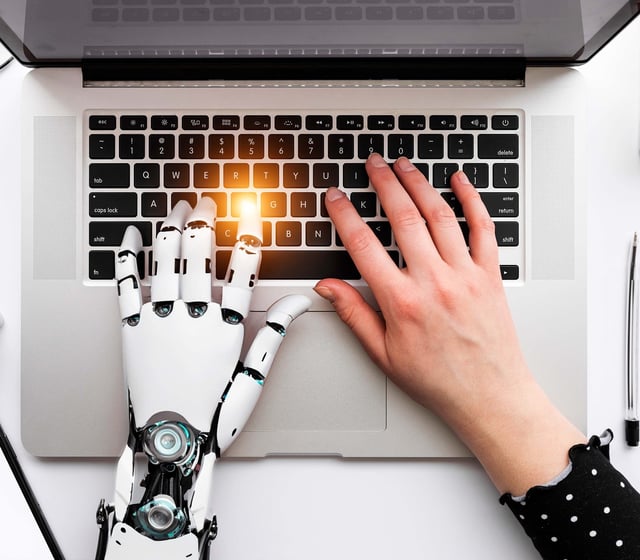Overview
- MIT’s “The GenAI Divide” reports that most enterprise projects stall with minimal or no impact, citing fragile workflows and weak executive strategy despite heavy spending.
- Google published per‑query figures for Gemini’s inference use—about 0.24 watt‑hours of electricity and 0.26 milliliters of water—while noting training consumes far more resources.
- Security tests and incidents revealed new risks: Google acknowledged AI Overviews surfaced a fraudulent phone number used by scammers, and Guardio showed Perplexity’s Comet agent completing purchases on a fake site and submitting credentials to phishing pages.
- Agentic systems are moving from trials to deployment, with industry surveys pointing to rapid rollout and projections of 15% of daily workplace decisions automated by 2028, alongside forecasts that many projects will be canceled due to unclear value.
- Adoption remains widespread in Latin America, with more than 85% of firms using AI in at least one process, as ILO and World Bank reports warn that a small share of jobs faces full automation risk with higher exposure for women and younger workers.



